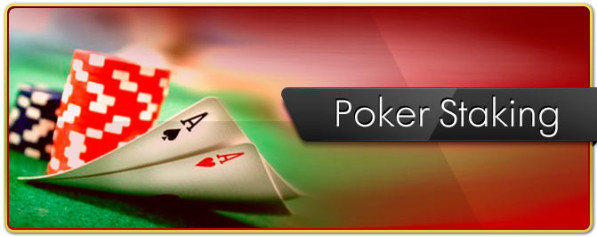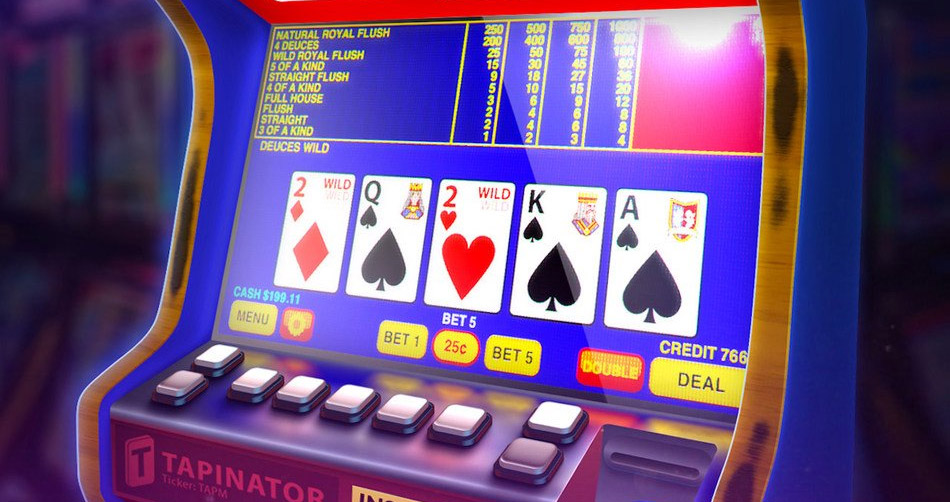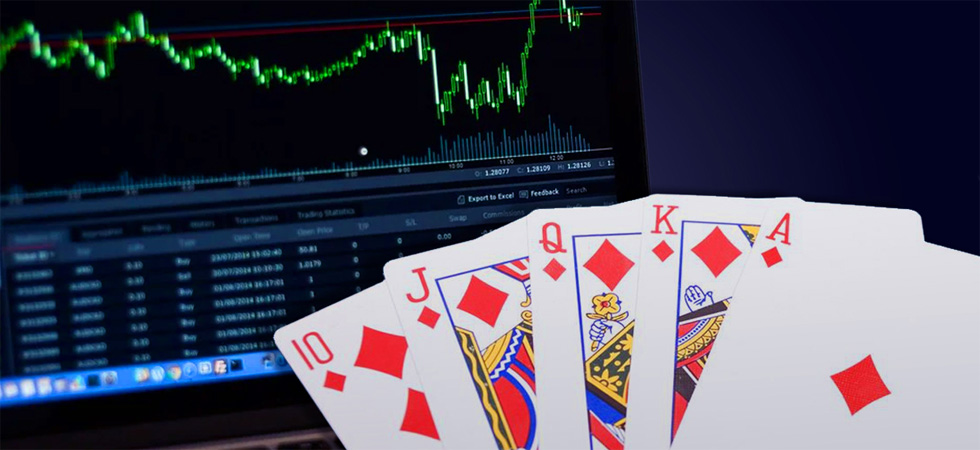
Last week, the Wall Street Journal (WSJ) devoted a full story to the phenomenon of "staking" poker.
For more new players of you, the staking is to buy from the action of a poker player that is considered competent. For example, one of your friends wants to play a WSOP tournament $ 1000 and it sells 4 tranches of shares at $ 100 each to reduce its variance (i.e., 40% of its action). So you can the staker for 10% ($100) and earn 10% of its profits if your friend goes to money. It is a widespread practice on PokerCollectif.
According to the article: "such arrangements [staking] are not new to poker, but veteran gamers and analysts agree to say that the amounts of money involved - as the level of sophistication - involved in these agreements have significantly increased since the World Series of Poker began in 1970".
Further: "according to the players, agents and other poker experts interviewed by the WSJ, at least half of the 6,600 participants expected at the Main Event this year will probably receive financial support from active players of the past, of their family members or of other investors in the poker. The tournament raised the year past $64 fees, which would mean that the staking could reach up to 30 M$ "."
The staking made sure one can have tournaments very high buy-ins that it might perhaps not have if this phenomenon did not exist (or at least the tournaments would be less popular). For example, when the Big One for One Drop (the WSOP tournament at 1 M$ buy-in played in 2011), several players were stakes. The presence of several recreational players in the small caliber made the sale of action for popular pros. Phil Hellmuth, for example, had confessed to having sold several % of its action to play this tournament. And to the great pleasure of his "stakeux", Phil had made a good profit.
According to the article, Daniel Negreanu would have invested 2 million$ in staking at the recent WSOP. Unfortunately for him, his foals do not have performed as well as he would have liked. Result? A loss of 1 M$. According to Negreanu, stakes players play less well when they play with their money. Rare are those who can boast of being winners to long-term players staker.
The question that may be asked by taking knowledge of this phenomenon is whether there might be collusion between two friends stakes on the same table? For example, you are on the same table as a player you have to stake (or with which you have swapped); are you in the same way that you would have done if you had no action for this player?
Seth Palansky, WSOP spokesperson told the WSJ: "We do not want to be involved in these matters".
Casinos have cameras everywhere and each tournament is monitored in a very serious way. If never doubts of collusion appear, a thorough investigation can be carried out. According to Seth, "cards give you answers".
By reading the rules of the WSOP, realizes that no rule prohibits the fact to buy the action to another player or swapping with him. The only thing that is prohibited is "softplayer" another player to whom one would have taken action. But since staking and swap arrangements are often private, it would be difficult to prove anything.
In closing, remember to be very careful when doing this type of agreement since the misunderstanding arrived very quickly. It is better to make these transactions with only friends or relatives.
Discuss this news on PokerCollectif forums: the Wall Street Journal focuses on the staking









